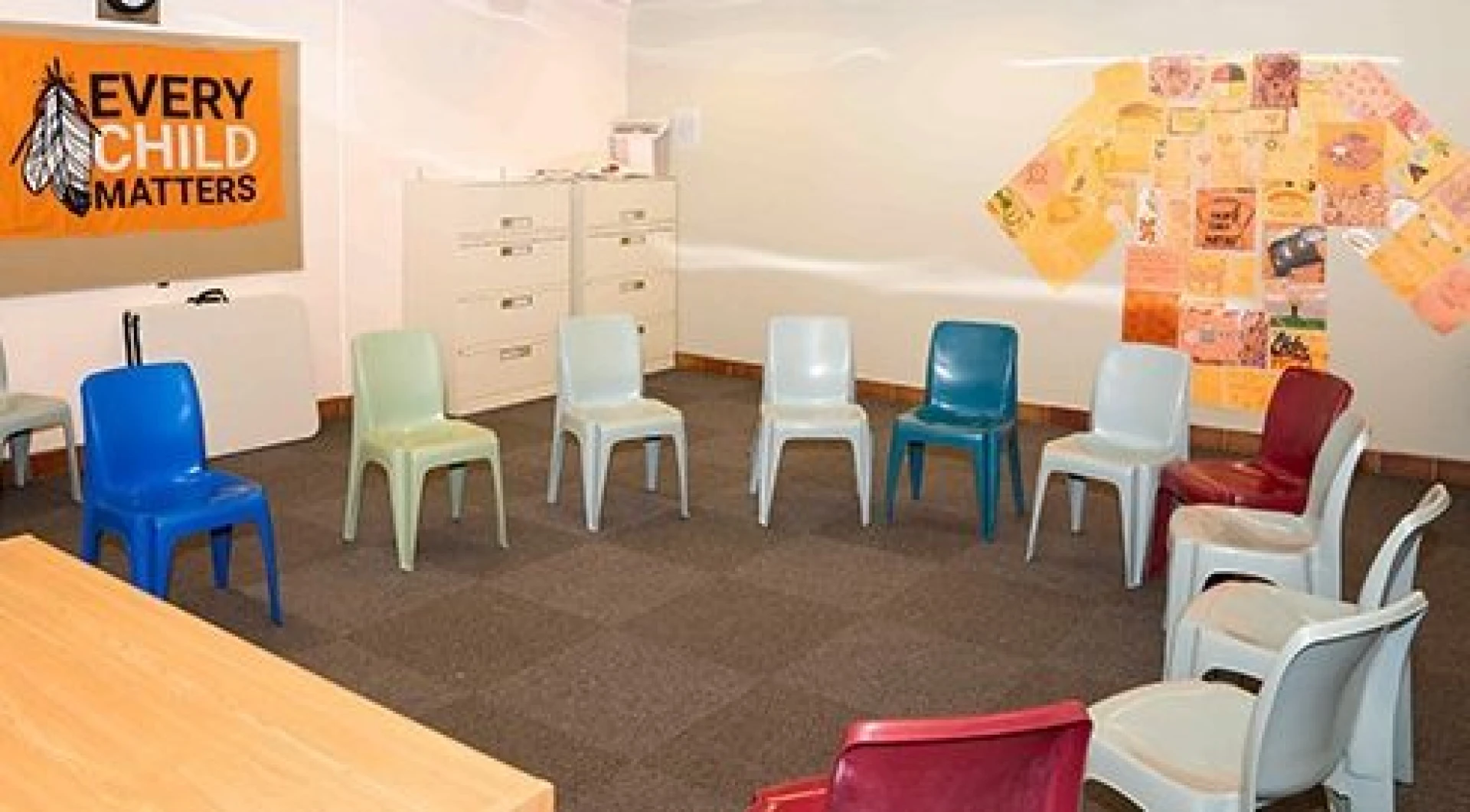Therapeutic Living Units (TLUs): TLUs provide a structured, supportive environment where members engage in intensive treatment programs. These rehabilitation programs, situated in four Alberta correctional facilities, help break the cycle of addiction and reduce criminal and medical recidivism by focusing on physical health, mental health, and social reintegration strategies.
TLU staff complete a comprehensive training program with ongoing educational modules. Beccarian TLU staff are referred to as behavioral health navigators (BHN), aligning with their scope of work. BHNs work collaboratively with Correction Services Division correctional service workers (CSW) with an ultimate goal of enhancing members’ recovery capital and maximizing the opportunity for social reintegration.
Transitional Service (TS) Programs: TS programs are designed to create pathways from incarceration to in-facility treatment and then community reintegration. These programs ensure continuity of care and support members as they transition from the structured environment of a correctional facility back into the community.
TS programs are currently situated in five Alberta remand centres. Beccarian works collaboratively with the Correctional Services Division (CSD), Recovery Alberta and other correctional based providers with the ultimate goal of reducing members’ risk of criminal and medical recidivism and improving recovery capital.
Transitional service workers are referred to as recovery navigators, reflecting their scope of work. Recovery navigators complete a four-week intensive training program, including training to qualify as a certified recovery coach. The primary role of a recovery navigator is to enhance continuity of care. They provide motivational interviewing and solutions-focused approaches and facilitate referrals to therapeutic living units, recovery communities, and other community support services.
Comprehensive Support Services: We offer a range of services including vocational training, family reintegration support, advocacy assistance, and relapse prevention planning, all crucial for successful reentry into society.
System Level Scoping and Design: As a first step with any new correctional facility partner, we engage in system-level scoping and design to tailor our programs to fit seamlessly across a health system. This strategic planning ensures that our model integrates effectively and addresses specific local needs. We integrate our approach in correctional settings with a range of educational programs, therapeutic communities, recovery coaching services, and other system-wide strategies to create a true, longitudinal continuum of care.

